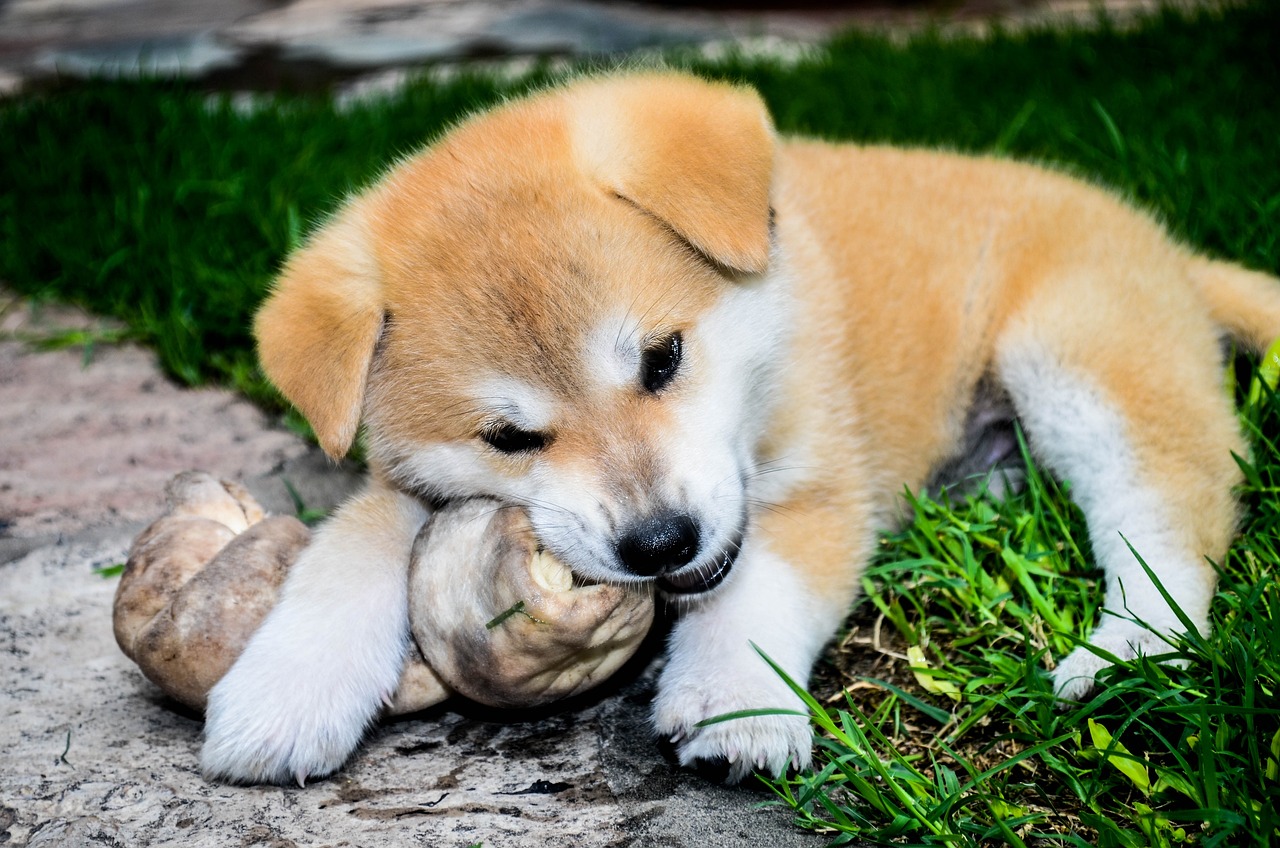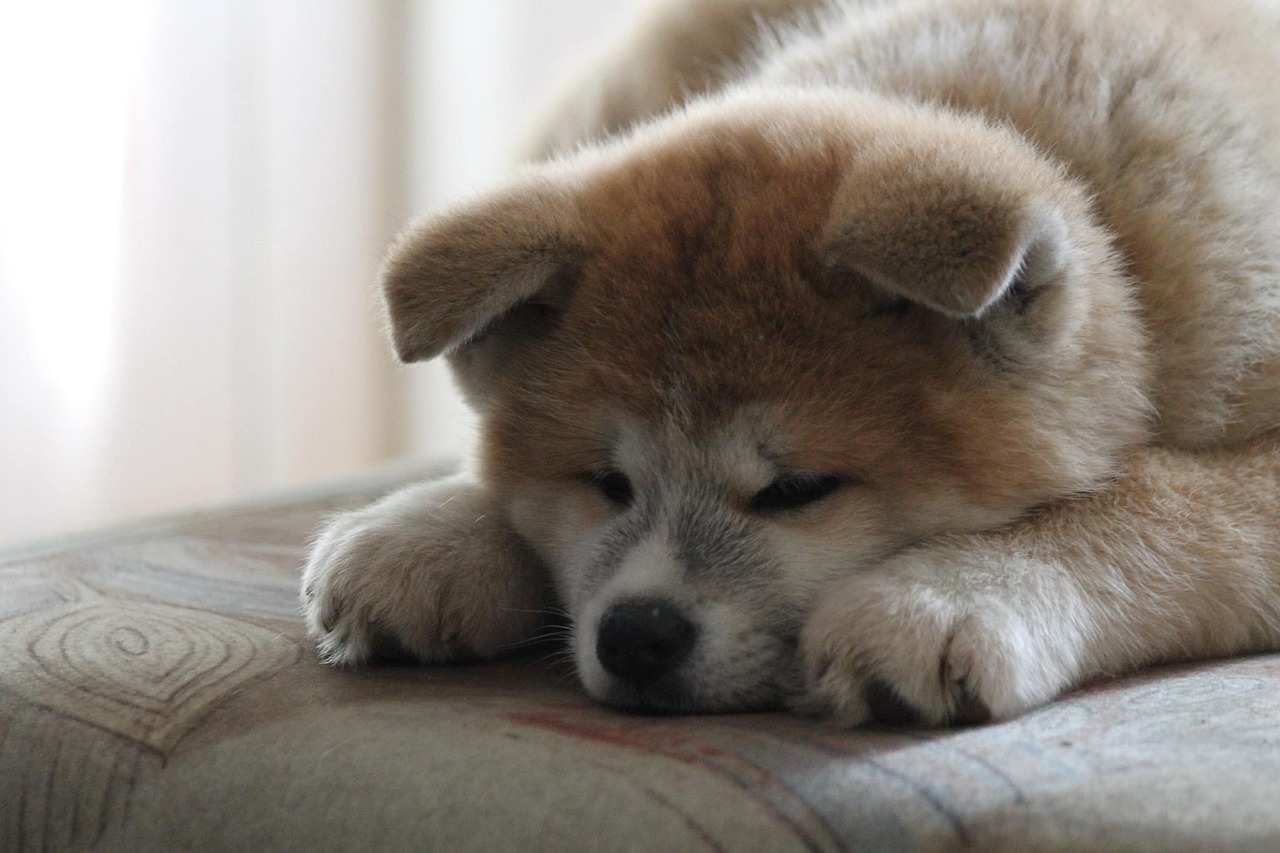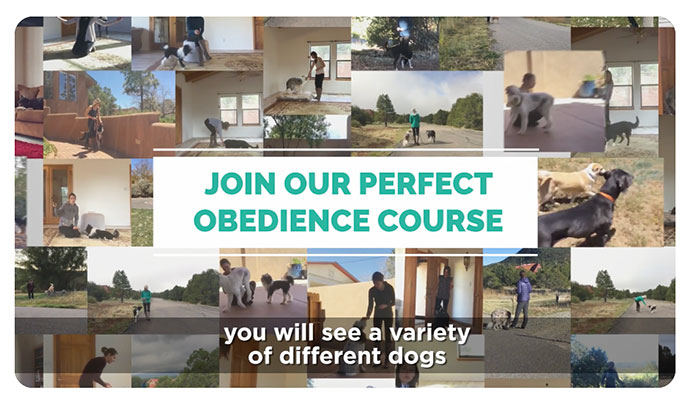Socializing an Akita puppy is crucial for ensuring that they grow up to be a well-adjusted, friendly, and balanced adult dog. The Akita breed is known for its loyalty and strong protective instincts, which can make socialization a unique challenge but also incredibly rewarding.
The Right Ways to Socialize an Akita Puppy

Below are some guidelines that can help you effectively socialize your Akita puppy:
1. Start Early:
- Begin socializing your Akita puppy as soon as they’ve had their first round of vaccinations. The initial socialization period is vital and usually lasts until the puppy is around 16 weeks old.
2. Introduce to Various Environments:
- Expose your Akita puppy to different settings, like pet stores, parks, and busy streets to acclimatize them to various noises, sights, and smells.
3. Meet Diverse People:
- Have your Akita puppy meet people of all ages, sizes, and ethnic backgrounds. This helps in preventing any form of human-directed aggression or fear.
4. Socialize with Other Dogs:
- Allow your Akita puppy to play with other vaccinated dogs. Choose dogs that are non-aggressive and well-socialized to ensure a positive experience.
5. Gradual Desensitization:
- Introduce your Akita puppy to new stimuli gradually. For example, start with a quiet street before progressing to busier areas to prevent overwhelming the pup.
6. Use Positive Reinforcement:
- Always use treats, praise, or toys as rewards when your Akita puppy exhibits positive behavior during socialization.
7. Monitor Body Language:
- Keep an eye on your Akita puppy’s body language to ensure they are comfortable. Signs of stress could include tucked tails, ears back, or excessive panting.
8. Controlled Meeting with Other Animals:
- Gradually introduce your Akita puppy to other types of animals like cats, horses, and birds while on a leash and under supervision.
9. Car Rides:
- Taking your Akita puppy on car rides can help them get used to the experience and prevent future car anxiety.
10. Exposure to Household Noises:
- Expose your Akita puppy to various household noises like the vacuum cleaner, washing machine, or doorbell. Start at a low volume and gradually increase it.
11. Teach Basic Commands:
- Commands like “sit,” “stay,” and “come” are not just obedience commands but are also essential for managing your dog during social interactions.
12. Involve Children Carefully:
- If you have children, teach them the correct way to approach and touch the Akita puppy. Always supervise any interaction between your Akita and young children.
13. Short and Sweet Sessions:
- Keep socialization sessions brief but frequent. Akitas are quick learners, but their attention spans can be short at a young age.
14. Grooming and Handling:
- Regularly handle your Akita puppy’s paws, mouth, and ears, and start basic grooming habits early. This prepares them for future vet visits and general handling.
15. Safe Spaces:
- Provide a secure, quiet space where your Akita puppy can retreat if they feel overwhelmed. This ensures they have a positive association with new experiences.
16. Attend Puppy Classes:
- Puppy socialization classes can be a safe and structured environment for your Akita puppy to learn social skills. Make sure the classes use positive reinforcement techniques.
17. Socialization Checklist:
- Create a checklist of scenarios, people, and animals you want your Akita puppy to be comfortable with. This ensures that you don’t miss out on any critical aspect of socialization.
18. Vet Visits:
- Schedule regular vet visits to ensure your Akita puppy is healthy and up-to-date on vaccinations. A healthy puppy is more receptive to socialization.
19. Keep Socializing:
- Socialization is not a one-time event but a lifelong process. Continue to expose your Akita to new experiences even after puppyhood.
20. Start a Puppy Obedience Training Program:
- Structured training is essential for any dog, and Akitas is no exception. It helps reinforce socialization skills and instills good behaviors. For a comprehensive puppy training program, consider enrolling in SpiritDog’s Ultimate Puppy Training Program or K9 Training Institute’s Dog Masterclass.
The Wrong Ways to Socialize an Akita Puppy
 Proper socialization is crucial for any dog breed, but when it comes to Akitas, there are unique considerations to bear in mind. A poorly socialized Akita can grow up to be overly protective, aggressive, or anxious. Thus, knowing what not to do can be just as important as knowing the correct procedures for socialization. Here are some common mistakes and misconceptions when it comes to socializing an Akita puppy:
Proper socialization is crucial for any dog breed, but when it comes to Akitas, there are unique considerations to bear in mind. A poorly socialized Akita can grow up to be overly protective, aggressive, or anxious. Thus, knowing what not to do can be just as important as knowing the correct procedures for socialization. Here are some common mistakes and misconceptions when it comes to socializing an Akita puppy:
1. Starting Too Late:
- Waiting until the Akita puppy is older to begin socialization is a significant mistake. The prime window for socialization closes around 16 weeks, and you’ll miss the period where they are most receptive to new experiences.
2. Overwhelming with Stimuli:
- Exposing your Akita puppy to too many new experiences too quickly can be counterproductive and can lead to stress or fear-based reactions.
3. Negative Reinforcement:
- Using negative reinforcement techniques like shouting, or leash pulling during socialization can result in your Akita puppy associating social events with unpleasant experiences.
4. Unsupervised Play:
- Allowing your Akita puppy to play with other dogs without supervision can be risky, as negative experiences can result in a long-lasting negative impact.
5. Allowing Uncontrolled Behavior:
- Letting your Akita puppy jump on people, bark excessively, or engage in other undesirable behaviors while meeting new people or animals sends the wrong message.
6. Not Monitoring Body Language:
- Ignoring signs of stress or discomfort in your Akita puppy can lead to negative associations with the socialization experience, which can be hard to reverse.
7. Forcing Interactions:
- Never force your Akita puppy to interact with other dogs or people, especially if they show signs of fear or discomfort. This can result in increased anxiety and potential aggression.
8. Ignoring Human Socialization:
- Focusing solely on dog-to-dog interactions and neglecting to socialize your Akita puppy with people can result in a dog that’s well-behaved around other dogs but nervous or aggressive around people.
9. Inconsistent Experiences:
- Offering inconsistent socialization experiences, such as positive reinforcement one day and punishment the next, can confuse your Akita puppy and hamper their socialization process.
10. Poorly Chosen Socialization Partners:
- Allowing your Akita puppy to socialize with aggressive or poorly behaved dogs can lead to mimicked behaviors and set back any socialization progress.
11. Avoiding Unfamiliar Environments:
- Only allowing your Akita puppy to experience environments where they feel comfortable can lead to a lack of adaptability when encountering new or unexpected situations.
12. Lack of Exposure to Everyday Noises:
- Failing to expose your Akita puppy to common household noises can result in a dog that’s easily startled and stressed by day-to-day life.
13. Avoiding Hands-On Contact:
- If you don’t handle your Akita puppy’s paws, ears, and mouth, they may grow up to be uncomfortable with routine vet checks or grooming sessions.
14. Rewarding Negative Behavior:
- Giving treats or attention to your Akita puppy when it displays negative behaviors during socialization can reinforce those behaviors.
15. Using Only Food as a Reward:
- Relying solely on treats during socialization can result in an Akita puppy that only listens when food is present. It’s essential to mix in verbal praise and toys as rewards.
16. Skipped Vet Visits:
- Failing to keep up with your Akita puppy’s vaccination and health checks may limit the socialization activities you can safely participate in.
17. Isolation:
- Keeping your Akita puppy isolated due to the fear of illness or bad behavior can result in an unsocialized adult dog with various behavior issues.
18. Not Engaging in Structured Socialization:
- Simply exposing your Akita puppy to new experiences without any form of structured training is less effective and can be overwhelming for the puppy.
19. Failing to Socialize Beyond Puppyhood:
- Assuming that socialization ends when your Akita puppy grows up is a mistake. Continued exposure to new experiences is essential for an adult dog’s well-being.
20. Not Enrolling in a Structured Training Program:
- Failing to engage in a structured puppy training program can result in missed critical socialization opportunities and skills. For a structured, guided approach, it’s wise to invest in a reputable training program like SpiritDog’s Ultimate Puppy Training Program or K9 Training Institute’s Dog Masterclass.
Consider Online Dog Training for Your Akita Puppy
Our 2 favorite online courses are:
1. SpiritDog’s “Perfect Obedience” Course
The Perfect Dog Obedience Bundle is an online dog training program designed to help dog owners achieve well-behaved pets. The comprehensive course covers basic obedience, and loose leash walking, and includes bonus mini-courses on training habits and rewards, stopping jumping, and separation anxiety solutions. With lifetime access to expert trainers for personalized feedback and a 60-day money-back guarantee, this course aims to provide effective, accessible training for a variety of dog behavior issues.
2. K9 Training Institute’s “Dog Masterclass”
More than just an obedience course, this more comprehensive training course tackles any behavior problem you might face with your dog.
Avoiding these common mistakes and misconceptions will put you on the path to raising a well-adjusted, sociable Akita. Socialization is a long-term commitment that pays off in the happiness and well-being of your dog.


 Toledo, United States.
Toledo, United States.